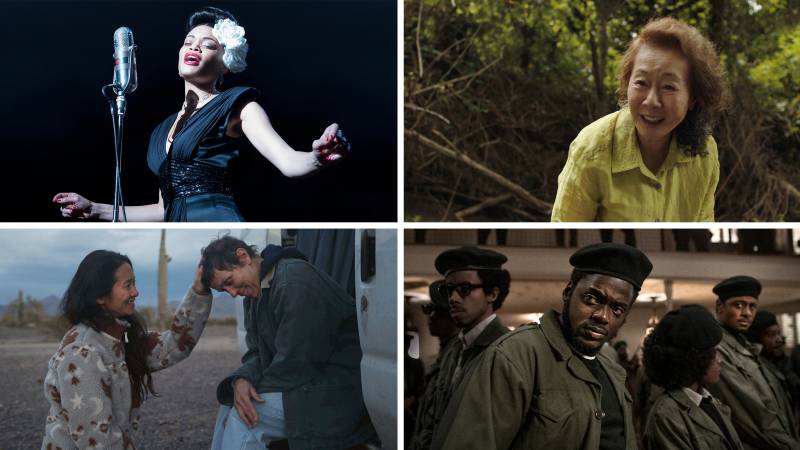This past year of masks, lockdowns, and capacity restrictions has been the most catastrophic 12 months in the history of movie theaters. It has also been a banner year for diversity at the Oscars.
Odd as this might seem, I suspect those two things are related—a matter of industry imperatives meeting cold hard cash. And as salutary as the diversity part is, it’s going to take some work to make it permanent. The Academy of Motion Picture Arts and Sciences, which awards the Oscars, has signaled a willingness to do that work with inclusion standards for Best Picture nominees. They’ll start phasing them in next year.
This year, they got lucky.
One thing you don’t want, if you’re in charge of the Oscars, is a hashtag—especially something like #OscarsSoWhite—as telecast host Chris Rock acknowledged in 2016, when that one went viral. “It’s the 88th Academy Awards,” he said then to applause, “which means this whole no-black-nominees thing has happened at least 71 other times.”
The situation didn’t change much in the next few years. Last year’s Oscars were again among the least diverse in recent memory; only one of 20 acting nominees was non-white.

9(MDAxOTAwOTE4MDEyMTkxMDAzNjczZDljZA004))

